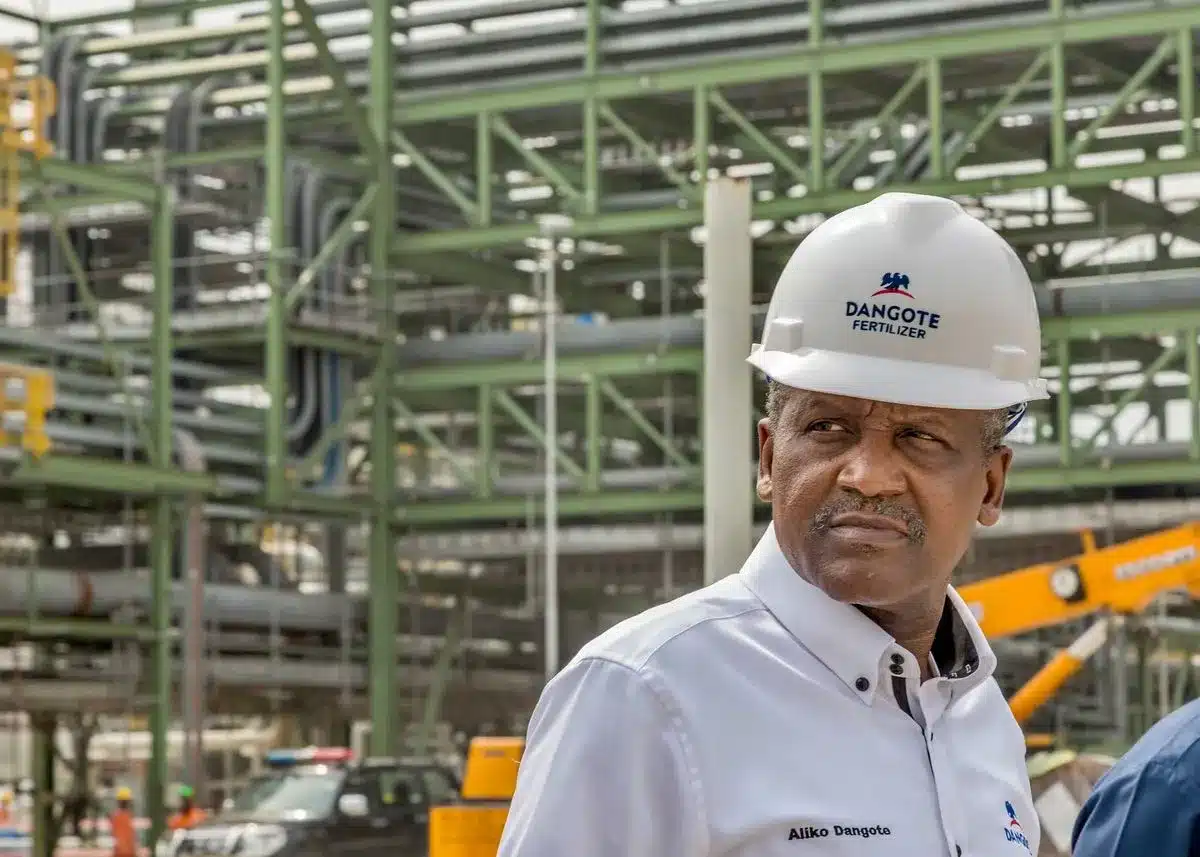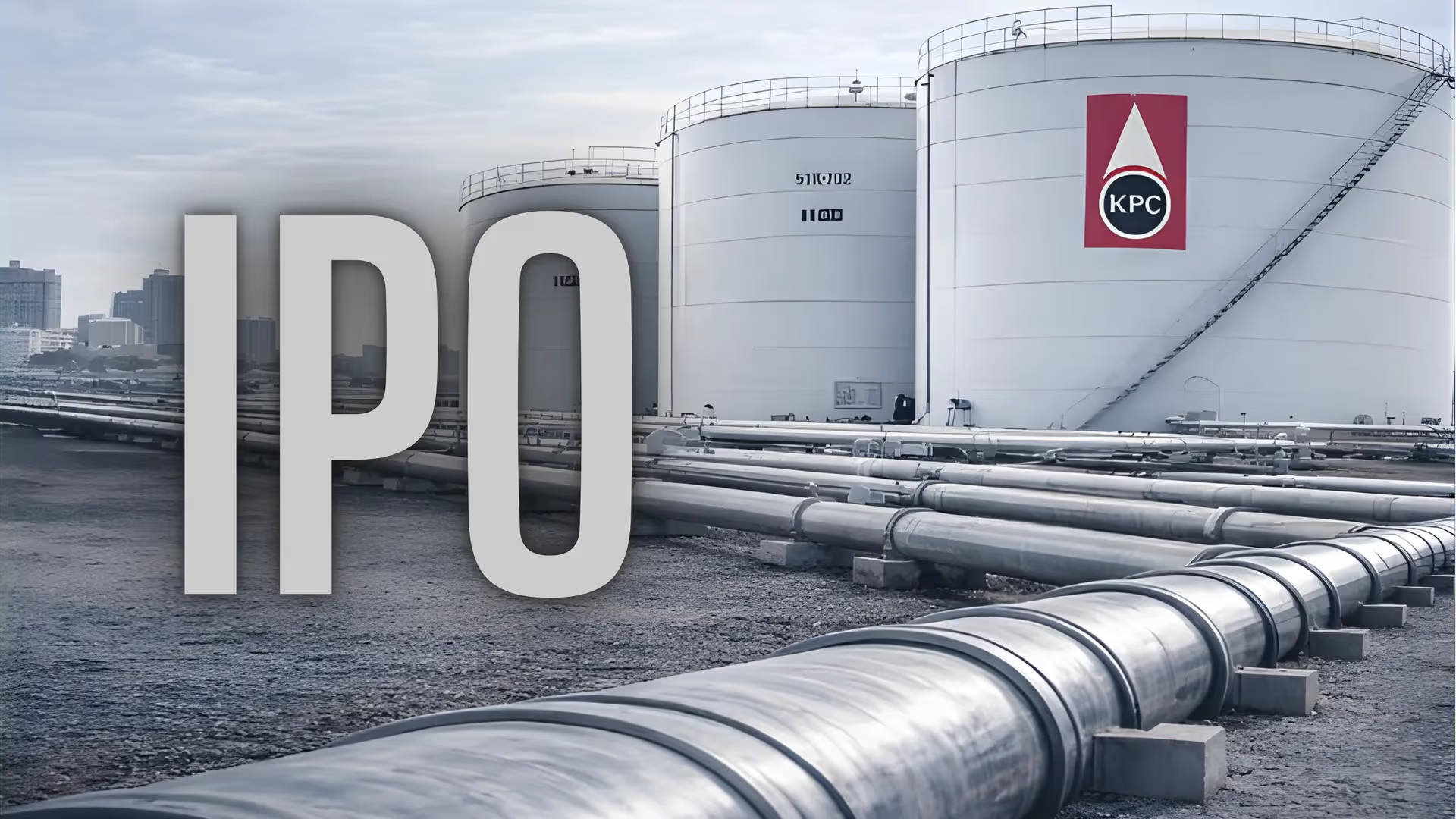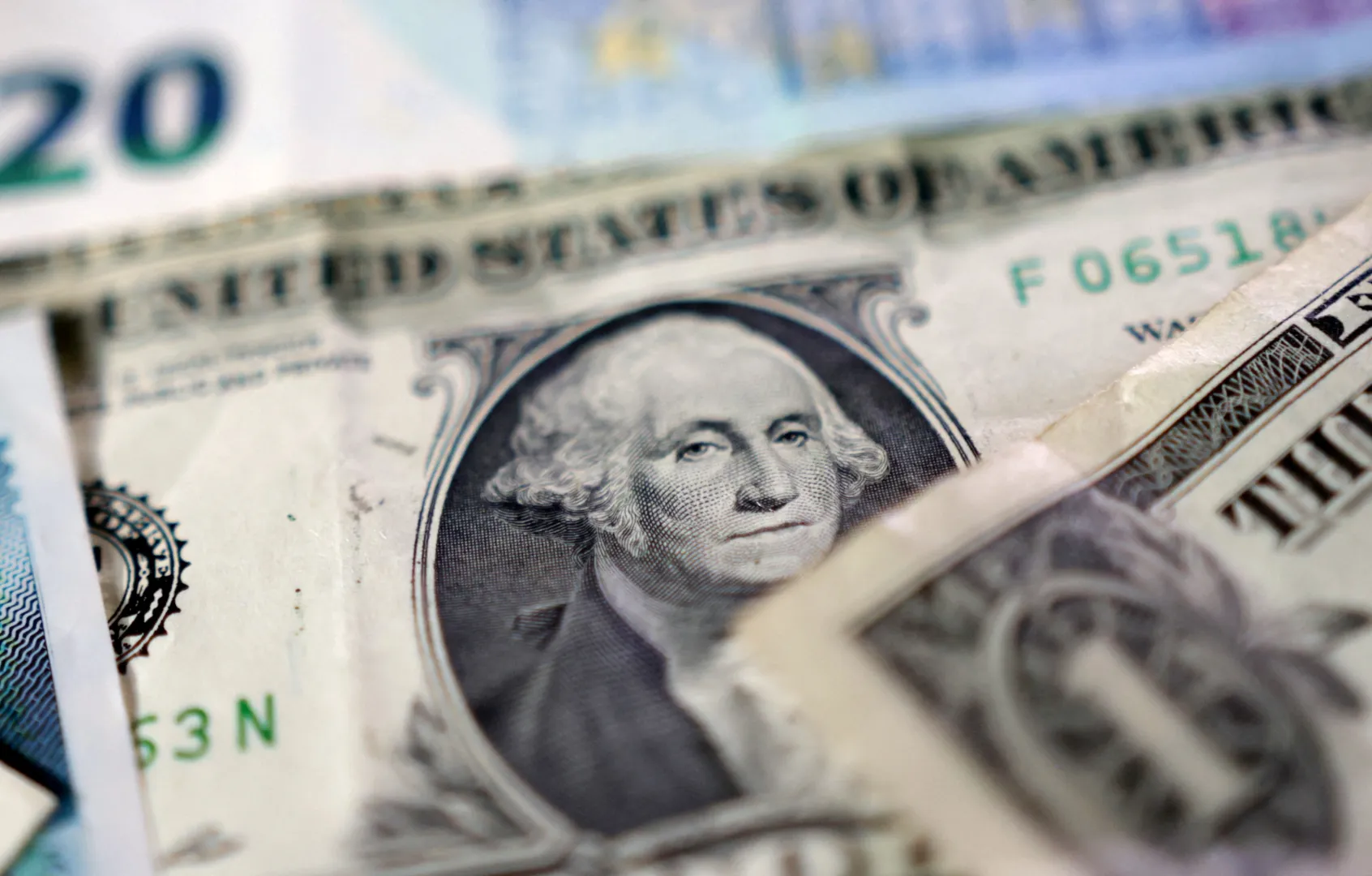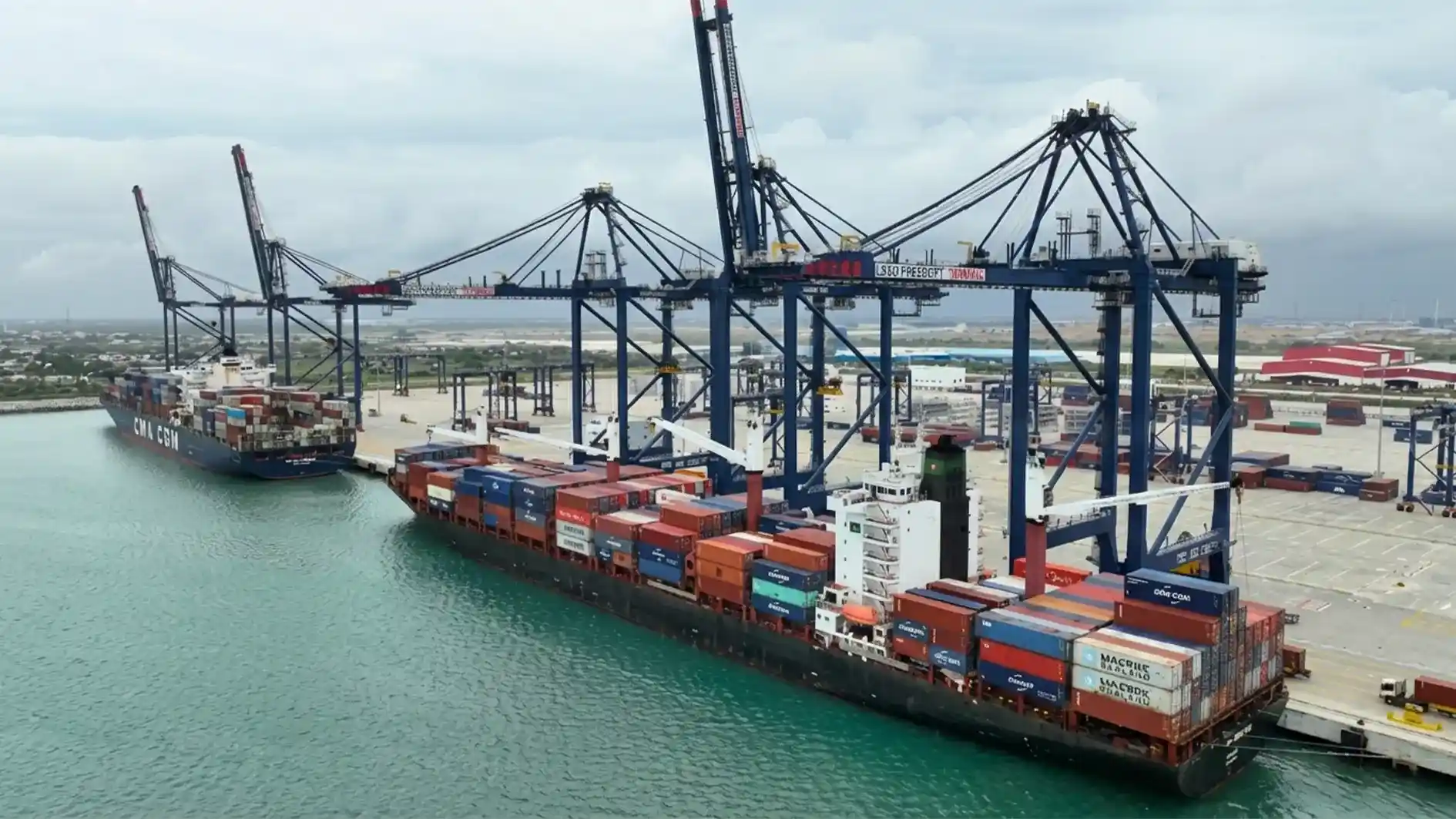In the bustling heart of Lagos, Nigeria, a multi-billion-dollar saga is unfolding, pitting Africa’s wealthiest man, Aliko Dangote, against the Nigerian government. At the center of this high-stakes drama is the Dangote Petroleum Refinery, a $20 billion project that promised to transform Nigeria’s oil industry. However, the refinery is now entangled in accusations of monopolistic practices and regulatory battles.
The Promise of the Dangote Refinery
The Dangote Refinery, envisioned a decade ago and finally completed last year, was heralded as a potential game-changer for Nigeria. Despite being Africa’s largest oil producer, Nigeria has long struggled to refine its crude locally, relying heavily on imported refined products. This dependency has been a significant drain on Nigeria’s economy, with billions of dollars spent annually on fuel imports.
The refinery, with a capacity to process 650,000 barrels of crude oil per day, was expected to address this issue. It aimed to produce enough gasoline, diesel, aviation fuel, and other petroleum products to meet domestic demand and even export surplus. However, the journey has been anything but smooth.
Early Hurdles and Delays
From the outset, the Dangote Refinery faced numerous obstacles. Delays and cost overruns plagued the project, pushing its completion date back several times. Once operational, the refinery struggled to secure a consistent supply of crude oil. Dangote Group had to source crude from far-flung places like Brazil and the United States, a costly and logistically challenging endeavor.
“We want to buy directly from Nigerian producers,” explained Aliyu Suleiman, Dangote Group’s chief strategy officer. “But the Nigerian producers transfer to their international trading arms, add their margins, and then sell to us. Given that the crude is produced here by companies registered in Nigeria and sold to a refinery in Nigeria, we believe it would be more efficient for the transaction to be done directly.”
Monopolistic Practices Allegations
The situation took a dramatic turn when the Nigerian Midstream and Downstream Regulatory Authority accused Dangote of attempting to monopolize the market for refined products. Farouk Ahmed, the agency head, claimed Dangote had pressured the government to block the importation of diesel and aviation fuel, giving his refinery an unfair advantage. Ahmed also criticized the quality of Dangote’s diesel, labeling it “inferior to imported quality,” an allegation Dangote vehemently denies, insisting his product is the best in Nigeria.
These accusations have intensified existing tensions between Dangote and President Bola Tinubu’s administration. Dangote has refuted the claims, arguing that his refinery was designed to break Nigeria’s dependency on imported fuel, not to create a monopoly. “If the regulator himself is making that statement, it can be seen almost as a statement that has come from the government, and that’s what makes this different,” Suleiman said.
The NNPC Dispute
Adding to the complexity is the dispute with the Nigerian National Petroleum Corporation (NNPC). Three years ago, NNPC acquired a 20% stake in the Dangote Refinery for $2.7 billion, a deal that was supposed to ensure a steady supply of crude. However, Dangote recently reduced NNPC’s share to 7.2%, claiming the state oil company failed to deliver the agreed supplies. NNPC countered, stating it had capped its equity as part of a strategic reassessment of its investments.
Broader Implications and Reactions
The feud has far-reaching implications for Nigeria’s oil industry and its economy. The refinery was expected to create thousands of jobs, reduce fuel import bills, and position Nigeria as a net exporter of refined petroleum products. Disruptions in its operations could undermine these goals, affecting economic stability and investor confidence.
Aliko Dangote, a titan in African business, is no stranger to monopoly accusations. His dominance in the cement industry, where he controls over 60% of the Nigerian market, has drawn similar criticisms. Dangote has always denied these allegations, maintaining that his business practices are aimed at filling market gaps and fostering economic growth.
The refinery saga has also highlighted the broader issue of Nigeria’s reliance on imported fuel and the entrenched interests that benefit from this system. Dangote hinted at a recent business summit that an oil “mafia” was sabotaging his refinery to protect their profits from fuel imports. A senior politician in the ruling All Progressives Congress echoed this sentiment, suggesting a “cabal” was working against local production to maintain their lucrative importation businesses.
Government Intervention and the Way Forward
President Tinubu has intervened, ordering the NNPC to sell crude to Dangote in local currency, the naira. This move, if implemented, could alleviate some of the supply issues plaguing the refinery. However, details of the supposed deal remain unclear, and its success hinges on the cooperation of all parties involved.
The Impact on Nigeria’s Economy
The Dangote Refinery’s troubles are a microcosm of the larger challenges facing Nigeria’s economy. The country’s overreliance on oil exports has left it vulnerable to global market fluctuations. Efforts to diversify the economy have been slow and often hampered by political and regulatory hurdles. The refinery was seen as a step towards economic diversification and industrialization.
Nigeria’s economy has been struggling with high inflation, unemployment, and a volatile currency. The refinery, once fully operational, could significantly reduce the country’s import bill, stabilize the naira, and create thousands of direct and indirect jobs. However, the current impasse threatens these potential benefits.
The Role of International Players
The international dimension of the Dangote Refinery saga cannot be ignored. Global oil companies operating in Nigeria have a vested interest in the country’s oil industry dynamics. The involvement of international trading arms in crude transactions has added a layer of complexity to Dangote’s supply chain issues. Moreover, the global push for cleaner energy and reduced carbon emissions is influencing investment decisions in the oil and gas sector, including in Nigeria.
Future Prospects and Industry Reactions
Despite the current challenges, industry analysts remain cautiously optimistic about the Dangote Refinery’s long-term prospects. The refinery’s scale and strategic importance mean that resolving the current disputes is in the interest of all stakeholders, including the government, private sector, and international investors.
“There is a concerted effort against the refinery,” said Suleiman. “There is a value chain that has existed for many years that supplies petroleum products into Nigeria. That value chain is being somewhat disrupted.” He added that this value chain included foreign refineries, Nigerian traders, and others involved in the importation of fuel into the country. “As a result, there is pushback from various players who perceive — rightly or wrongly — that the economics of their operations will now be negatively impacted,” he said.
Conclusion
The Dangote Refinery represents a critical juncture in Nigeria’s economic development. Its success or failure will have profound implications for the country’s oil industry, economic stability, and broader efforts to achieve industrialization and self-sufficiency. As Dangote and the Nigerian government navigate this complex landscape, the eyes of the world are watching. The resolution of this feud will not only determine the future of the refinery but also signal Nigeria’s ability to manage and harness its vast resources for sustainable development.
Looking Ahead
The coming months will be crucial for the Dangote Refinery. The Nigerian government, regulators, and Dangote Group must find common ground to ensure the refinery operates smoothly and fulfills its potential. Transparent and fair regulatory practices, coupled with strategic support for local industries, can pave the way for a more resilient and diversified Nigerian economy. The Dangote Refinery, despite its current challenges, has the potential to be a cornerstone of this new economic era.
As Nigeria continues to grapple with its economic challenges, the Dangote Refinery’s saga serves as a reminder of the complex interplay between industry, government, and global markets. It underscores the need for robust policies, effective regulation, and a commitment to national development over individual or sectoral interests. Only through such an approach can Nigeria realize the full benefits of its vast resources and achieve sustainable growth and prosperity.
Photo source: Google
By: Montel Kamau
Serrari Financial Analyst
31st July, 2024
Article, Financial and News Disclaimer
The Value of a Financial Advisor
While this article offers valuable insights, it is essential to recognize that personal finance can be highly complex and unique to each individual. A financial advisor provides professional expertise and personalized guidance to help you make well-informed decisions tailored to your specific circumstances and goals.
Beyond offering knowledge, a financial advisor serves as a trusted partner to help you stay disciplined, avoid common pitfalls, and remain focused on your long-term objectives. Their perspective and experience can complement your own efforts, enhancing your financial well-being and ensuring a more confident approach to managing your finances.
Disclaimer: This article is for informational purposes only and does not constitute financial advice. Readers are encouraged to consult a licensed financial advisor to obtain guidance specific to their financial situation.
Article and News Disclaimer
The information provided on www.serrarigroup.com is for general informational purposes only. While we strive to keep the information up to date and accurate, we make no representations or warranties of any kind, express or implied, about the completeness, accuracy, reliability, suitability, or availability with respect to the website or the information, products, services, or related graphics contained on the website for any purpose. Any reliance you place on such information is therefore strictly at your own risk.
www.serrarigroup.com is not responsible for any errors or omissions, or for the results obtained from the use of this information. All information on the website is provided on an as-is basis, with no guarantee of completeness, accuracy, timeliness, or of the results obtained from the use of this information, and without warranty of any kind, express or implied, including but not limited to warranties of performance, merchantability, and fitness for a particular purpose.
In no event will www.serrarigroup.com be liable to you or anyone else for any decision made or action taken in reliance on the information provided on the website or for any consequential, special, or similar damages, even if advised of the possibility of such damages.
The articles, news, and information presented on www.serrarigroup.com reflect the opinions of the respective authors and contributors and do not necessarily represent the views of the website or its management. Any views or opinions expressed are solely those of the individual authors and do not represent the website's views or opinions as a whole.
The content on www.serrarigroup.com may include links to external websites, which are provided for convenience and informational purposes only. We have no control over the nature, content, and availability of those sites. The inclusion of any links does not necessarily imply a recommendation or endorsement of the views expressed within them.
Every effort is made to keep the website up and running smoothly. However, www.serrarigroup.com takes no responsibility for, and will not be liable for, the website being temporarily unavailable due to technical issues beyond our control.
Please note that laws, regulations, and information can change rapidly, and we advise you to conduct further research and seek professional advice when necessary.
By using www.serrarigroup.com, you agree to this disclaimer and its terms. If you do not agree with this disclaimer, please do not use the website.
www.serrarigroup.com, reserves the right to update, modify, or remove any part of this disclaimer without prior notice. It is your responsibility to review this disclaimer periodically for changes.
Serrari Group 2025
















